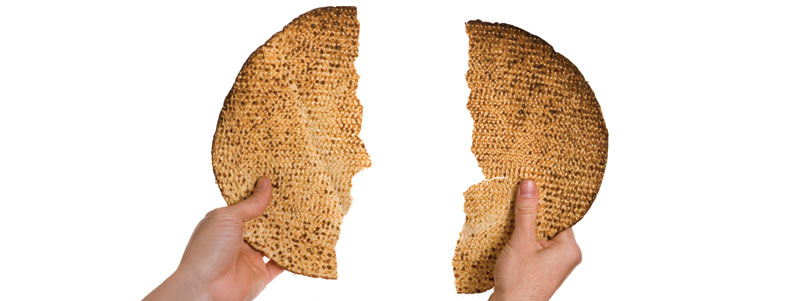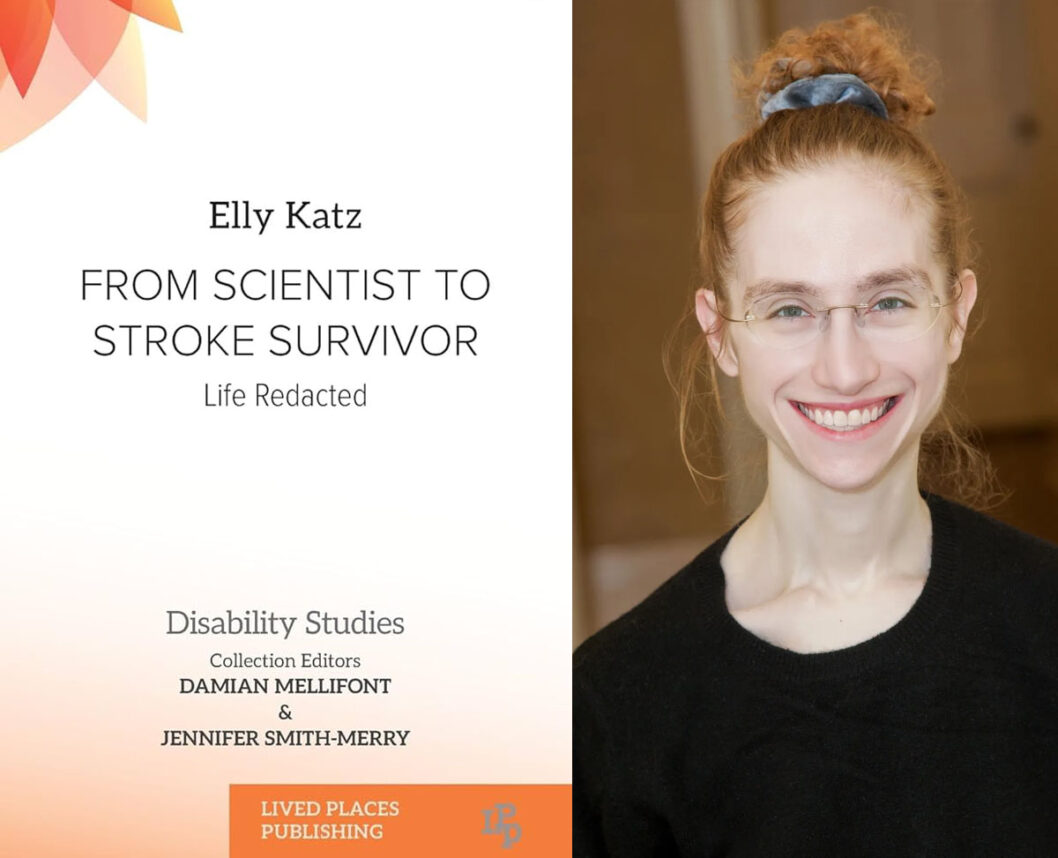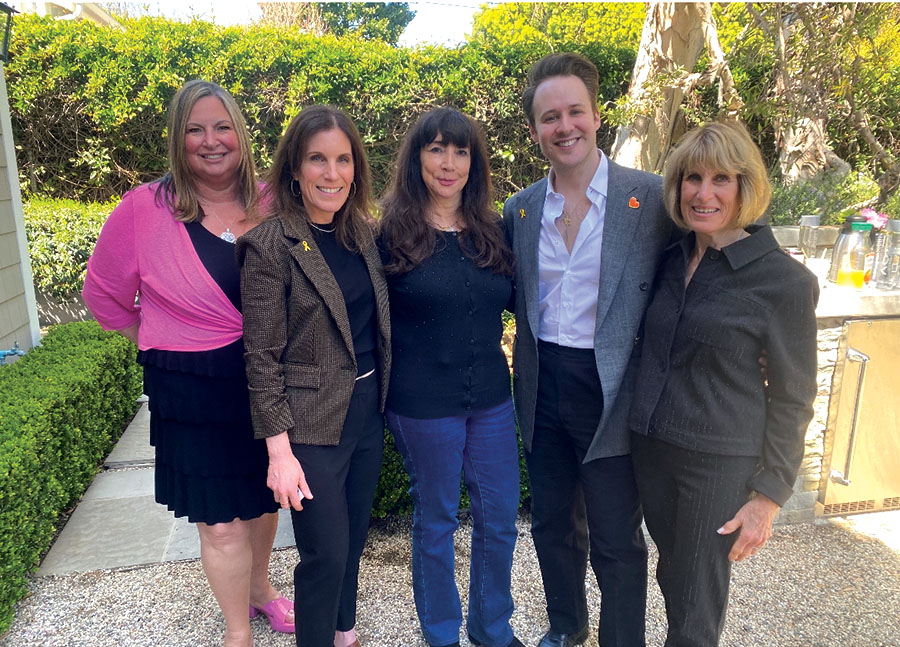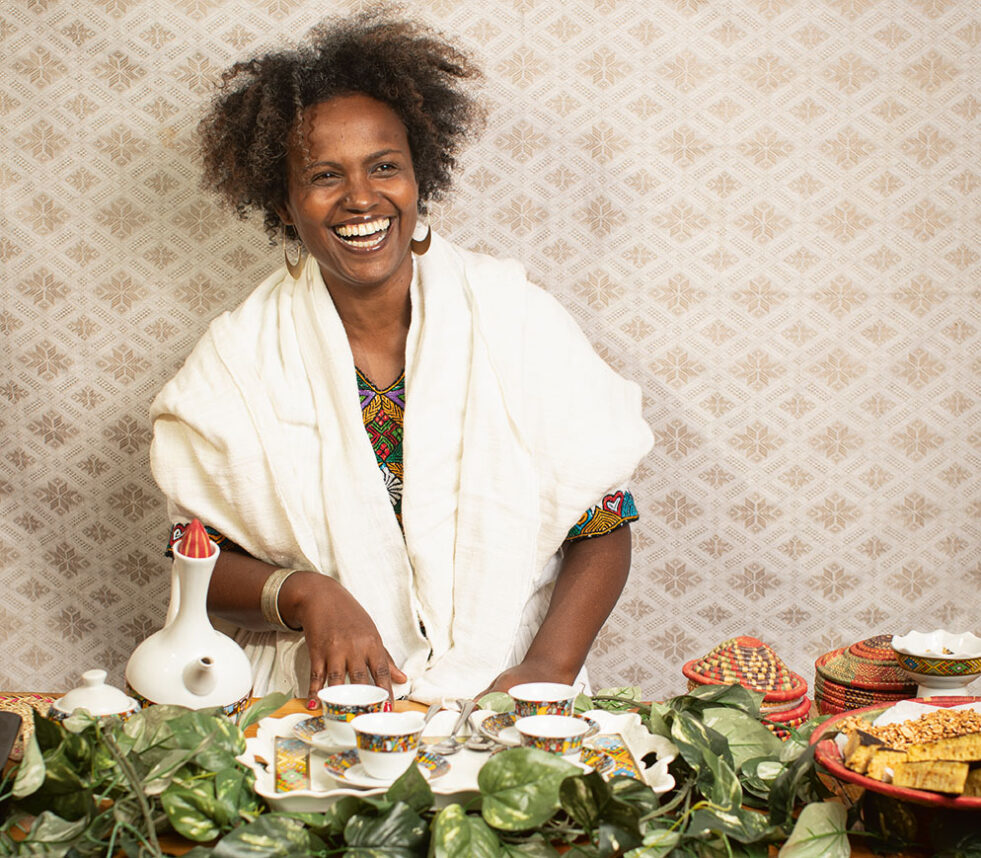
There is an undeniable power and comfort in the words of the Book of Psalms. As a bus full of survivors made its way to safety on Oct. 7, the young Israelis on board spontaneously began singing “Shir Lama’alot“ (Song of Ascents), Psalm 121: “I will lift up my eyes unto the hills, from whence cometh my help.” There was something mystical and deeply comforting in singing those words together.
Singer-songwriter Israel Portnoy is well-acquainted with the Psalms, growing up in an Orthodox home in Hale Barns, Checire, England. In September, he released the song “Imadi” (Hebrew: “With Me”), inspired by Psalm 23:4. The song serves as a profound reminder of the power of faith, blending poetic lyrics with the comforting message that God is present in our moments of need: “As I walk through the valley of the shadow of death, I fear no evil because I know you’re with me.”
“Since October 7, I haven’t been able to release an album,” said Portnoy. “How can I create something relevant in the face of the hostages that are still there? I spoke with many people and I felt frozen. As time goes on and they are still there, you have to kind of live your life. It took me nearly a year to release this song.”
Portnoy’s creative process shifted after the war. “It felt like I was using the simplest words, trying to get straight to the point—expressing both the personal and collective feelings that we all share. This isn’t something that happened and we’ll simply move on from. It’s creating generational trauma, just like the Holocaust did. We’ve barely begun to process it. It’s a long journey and that’s what the song is trying to convey. We’re not alright.”
“It’s a long journey and that’s what the song is trying to convey.” –Israel Portnoy
Portnoy’s father was a rabbi in South Manchester and today, both of his parents work full-time as relationship therapists and life coaches in Jerusalem. Music was always central to the family’s life, as both parents were musicians. His father was not only a rabbi but also a cantor, conductor and composer. From a young age, Portnoy remembers singing with his eight siblings around the kitchen table.
Portnoy recalled in an interview with The Journal the antisemitism he experienced as a child in England, particularly in the town where he grew up. “I have memories of walking to synagogue with my dad as a seven-year-old and people screaming ‘Heil Hitler’ and other Nazi slurs. England just didn’t feel like home.”
And so, after finishing high school and with his parents’ blessing, he moved to Israel to study at a yeshiva. Together with his brother Mendy, who also made aliyah, Portnoy formed The Portnoy Brothers Band and released several albums. To support himself, he performed at weddings, private events and concerts. His parents and rest of his siblings eventually also made aAliyah and settled in Jerusalem.
In August 2023, Portnoy decided to move to New York, citing better opportunities for his music career. “My brother Mendy lives close by and I wanted to give it a try while my daughter Aura is still very young,” he said. His daughter was also the inspiration behind his upcoming “AURA” EP, a collection of songs set to be released in the winter.
“Imadi” is the first single from his forthcoming album, “Poetry & Prayer.”
“This album is unapologetically Jewish and I’m excited about some really cool collaborations on it,” he said.
Reflecting on his musical evolution, Portnoy saidadded, “The first albums I recorded with my brother were more universal—soul, folk and rock. I’ve always written Jewish music. There is this understanding that when Jews make music, it’s inspired by life. However, since Oct. since October 7, I’ve felt this shift and desire to own my identity of a Jewish artist and a strong yearning to synthesize [it] in my art.”
Reflecting on the trauma of recent events, he added, “This isn’t something that just happens and then we move on. It’s generational trauma. Today, it’s not easy for anyone, but we are coming together. Music plays a part in that—it’s not just a distraction but a way of healing, of connecting to something deeper.”
After Oct. 7, Portnoy returned to Israel to perform in hospitals for those wounded in the attacks, hoping to lift their spirits. One special request came from a nurse who asked him to perform for a soldier injured in the war.
“His name is Yona from Nes Tziona. He had been in intensive care since October 7 and had both of his legs amputated. One day, a nurse walked by his room and heard him listening to The Portnoy Brothers songs. She said, ‘I know them.’ She remembered us from when we used to play music at the hospital as teenagers. She reached out and we showed up to surprise him. We did a jam session and a Kabbalat Shabbat together. It was really special.”
Portnoy and Yona remain in touch to this day.




















